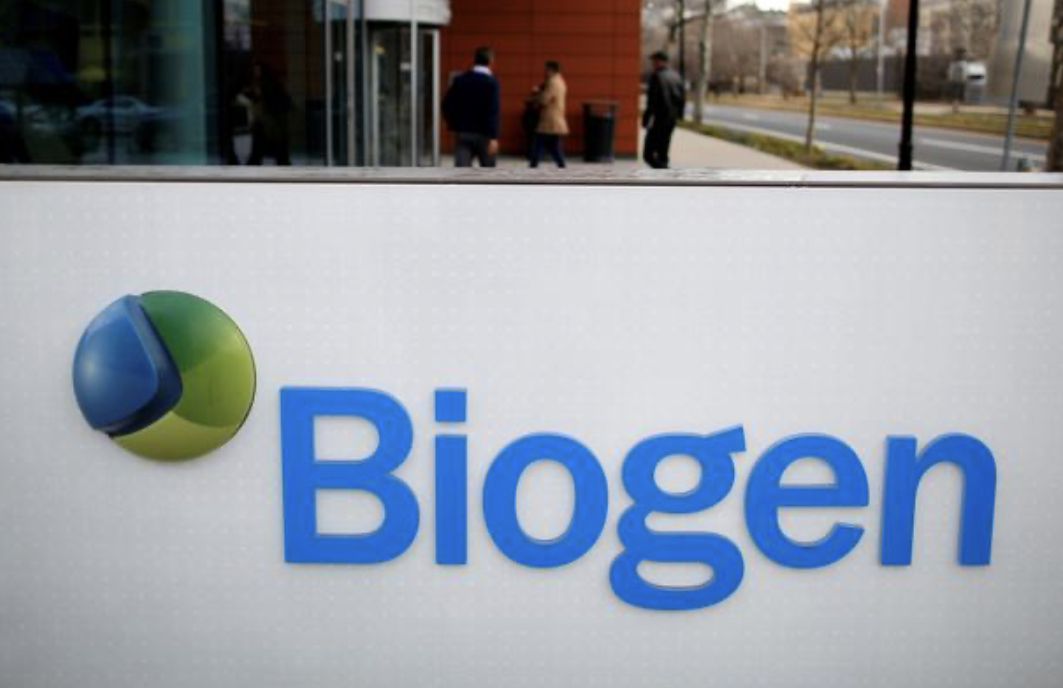FDA Accepts Biogen’s New Drug Application and Grants Priority Review of Tofersen for a Rare, Genetic Form of ALS
CAMBRIDGE, Mass., July 26, 2022 (GLOBE NEWSWIRE) -- Biogen Inc. (Nasdaq: BIIB) today announced that the U.S. Food and Drug Administration (FDA) has accepted a New Drug Application (NDA) for tofersen, an investigational drug for superoxide dismutase 1 (SOD1) amyotrophic lateral sclerosis (ALS). The application has been granted priority review and given a Prescription Drug User Fee Act action date of January 25, 2023. The FDA has noted that it is currently planning to hold an Advisory Committee meeting for this application, on a yet-to-be determined date. The average life expectancy for people with ALS is three to five years from time of symptom onset. There is currently no treatment targeted for SOD1-ALS.
On July 26, Biogen and Ionis pharmaceuticals jointly announced that the FDA has accepted the marketing application of its investigational antisense oligonucleotide therapy tofersen (BIIB067) for the treatment of superoxide dismutase 1 (SOD1) mutations caused by amyotrophic lateral sclerosis (ALS). The FDA also granted it priority review status, with a PDUFA date set for January 25, 2023.
ALS is a progressive neurodegenerative disease with an average time of death of three to five years, the most common cause of death being respiratory failure. SOD1-ALS is a rare inherited form of ALS that accounts for only 2% of the approximately 168,000 ALS cases worldwide. Currently, there are no approved gene-targeted therapies for ALS.
Tofersen is an antisense oligonucleotide drug for the treatment of SOD1-ALS. Tofersen binds to mRNA encoding SOD1, causing it to be degraded by ribonucleases, thereby reducing the production of SOD1 protein.
Tofersen’s NDA includes results from a Phase I clinical trial in healthy volunteers, a Phase I/II multiple-dose escalation (MAD) clinical trial, a Phase III clinical trial VALOR, and an open-label extension (OLE) study. Also included are the combined results of the most recent 12-month VALOR and OLE studies, which were recently presented at the European Network for Cure ALS (ENCALS) Annual Meeting.
Previously published results from the pivotal Phase III VALOR study showed that it did not meet the primary endpoint of the difference in score change from baseline to Week 28 in the Amyotrophic Lateral Sclerosis Functional Rating Scale, Revised (ALSFRS-R). However, analyses of multiple secondary and exploratory endpoints of biological activity and clinical function showed a trend toward slowing disease progression. Recently published 12-month integrated data showed that early use of tofersen sustained a reduction in the number of neurofilaments, a biomarker of neurodegenerative disease, and slowed declines in many efficacy endpoints.
In this 12-month data, the most common adverse reactions in patients receiving tofersen were headache, procedural pain, falls, back pain and limb pain. Most AEs in VALOR and OLE were mild to moderate in severity. Serious neurological events, including myelitis, radiculitis, aseptic meningitis, and papilledema, occurred in approximately 6.7% of patients.
“If approved, tofersen would be the first therapy to target a genetic factor in ALS,” said Priya Singhal, Ph.D., Biogen’s Global Head of Safety and Regulatory Sciences and Interim R&D Head. “We hope this will be the future of this disease. Therapy paved the way.”









